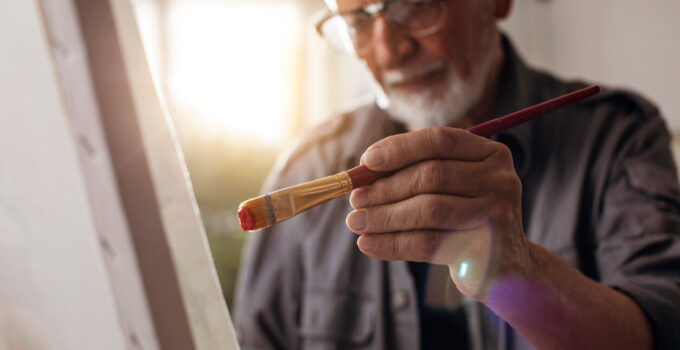Cognitive decline can be a confusing world to navigate, with plenty of dissenting opinions and views regarding treatment, prevention, expectations, and recovery. One of the most common concerns regarding cognitive decline is that of loss: will I lose my memory? How quickly? How thoroughly? Will I forget my loved ones and the things I love to do? Will all of my skills and hard-won knowledge fade? Learning how to navigate cognitive decline and the people and activities we love can be a fraught experience, and many of the challenges are not addressed as thoroughly as patients and loved ones would like. Even in the absence of adequate discussion, there are important considerations to look into when facing cognitive decline and the potential loss or scaling-back of hobbies and preferred activities.
The Many Faces of Cognitive Decline
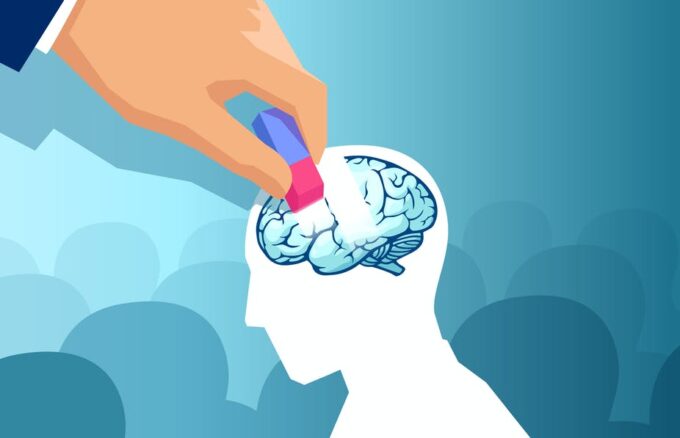
Source: theconversation.com
Cognitive decline can exist on something of a spectrum; it can be its own experience, brought on by factors such as age, lifestyle choices, and past medical history, or it can be the product of a specific illness or condition, such as Alzheimer’s Disease. These are the different faces of cognitive decline because while they may all involve a decrease in an individual’s ability to execute tasks, recall information, and generally engage in life and the habits and activities they used to engage in, they do so in different degrees, over different periods of time, and with varying rates of treatment success. Learn more about cognitive conditions here.
Recognizing the different “faces” of cognitive decline is important, because it informs treatment decisions, expectations, and the possibility of recovery. Decline that is due to medication, for instance, is typically remedied by changing medications or changing dosages. Decline due to a sharp downward curve in mental health is effectively remedied by treating mental health conditions. Decline due to diseases such as Alzheimer’s are usually treated with experimental medication, or working to ease symptoms and make life easier and more comfortable for the duration of the disease. Different faces of decline will also determine how viable long-loved hobbies are, and will help you determine the likelihood of being able to maintain those hobbies.
Varying Degrees of Decline
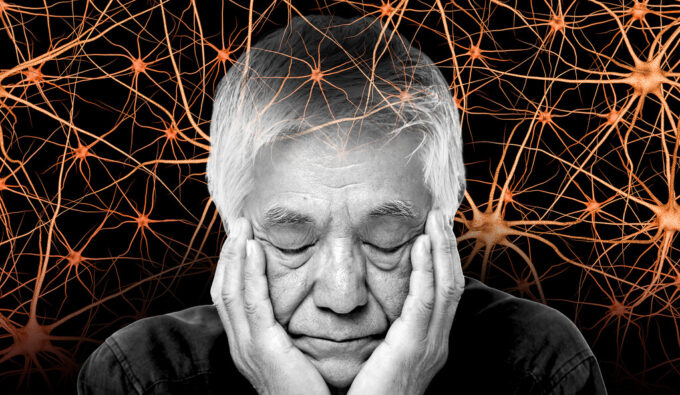
Source: news.yale.edu
Just as there are different types of cognitive decline, there are different degrees and speeds of cognitive decline. Some illnesses and conditions are more aggressive than others, and will more rapidly change an individual’s mind and behavior, while others develop slowly and are not immediately noticeable and take many, many years to begin showing definitive symptoms. The latter is more common with decline caused by advanced age, and is also the type of cognitive decline that is most easily prone to reversal or recovery.
In addition to function on different time frames, cognitive decline can vary in the degree of decline that can be expected. Age, for instance, does not always result in a total degradation of brain function. Plenty of people remain sharp as a tack until the day they pass away, without a great deal of change to their cognitive function. Alzheimer’s, however, results in a broad stroke of decline. Cognitive changes that come as a result of other disease (whether physical or mental) or medication, can be extremely severe, but symptoms can be reversed when the instigating event is addressed and effectively treated. As is the case with the different types of decline, the severity to be expected of a change in cognitive ability can be moderate, extreme, or a combination of each, depending on the level of treatment being utilized and the stage of that treatment or disease.
Cognitive Decline and Long-Loved Hobbies
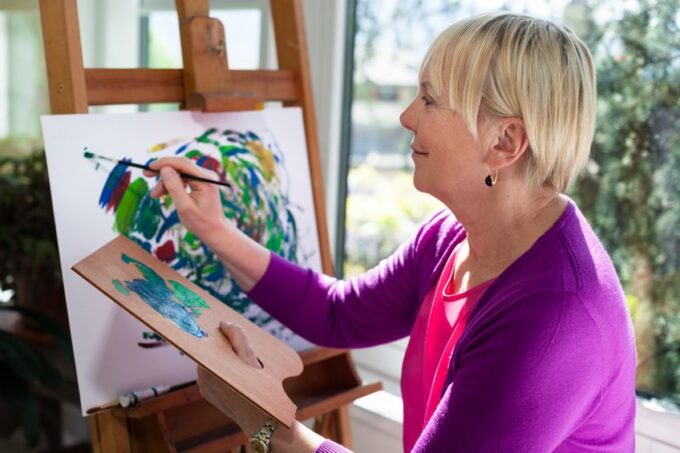
Source: aarpmedicaresupplement.com
Cognitive decline can negatively impact your ability to engage in or with long-loved hobbies. From the person experiencing changes to cognitive ability affecting balance with a love of surfing, to the painter who can no longer remember how to practice certain brush strokes, cognitive decline has a tendency to quickly impact areas of life that might not have been expected or understood, and it can lead to many different feelings, including resentment, anger, and grief. Fortunately, there are some ways to mitigate the gaps between cognitive ability and hobbies that are no longer possible, whether that means finding a new variation on an old hobby or finding accommodations to make the hobby possible.
When physical hobbies are no longer possible due to a decline in balance, cognitive ability, or skill recall, those hobbies may be relearned, or may be done in a different way. If someone is passionate about practicing yoga asana, for instance, they may need to shift from practicing on a mat on the floor to practicing chair yoga. Individuals who love running long distance may need to shift to short walks through the park, instead. Most hobbies can be maintained, with either a shift in practice or new lessons on the subject at hand.
The Benefits of Hobbies In Suppressing Cognitive Decline
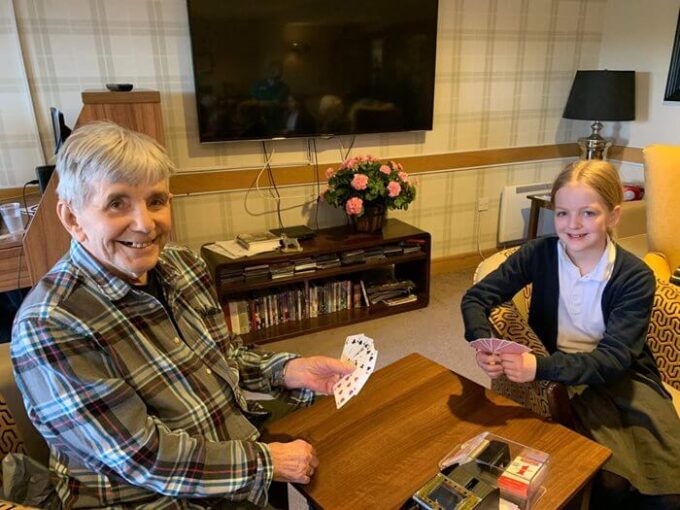
Source: careuk.com
Experiencing a decline in cognition can have a negative impact on an individual’s ability to engage in preferred hobbies, but that is not to say that hobbies should be abandoned altogether; whether you have been diagnosed with Huntington’s Disease, or a general decline in cognition, regularly engaging in hobbies actually has a positive effect on your condition’s progression. Regularly engaging in hobbies, even with accommodations, may improve your body’s ability to maintain some level of cognitive ability, and reduce the risk of further impairment or advanced disease. If a hobby you once loved has become difficult, taking up a new hobby altogether has a similarly protective effect, and can boost cognitive ability and performance.
The article is developed in partnership with BetterHelp.

